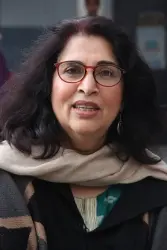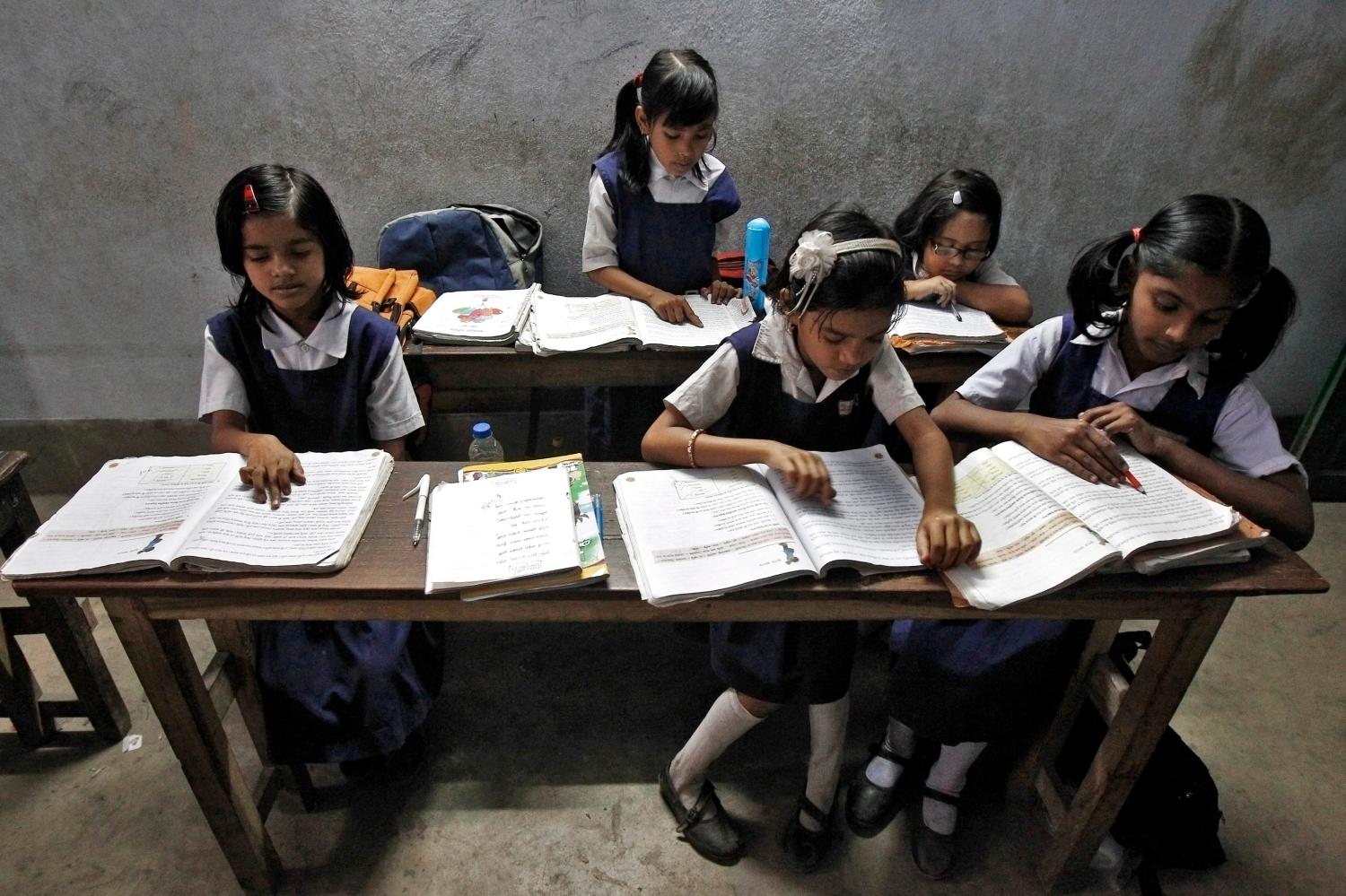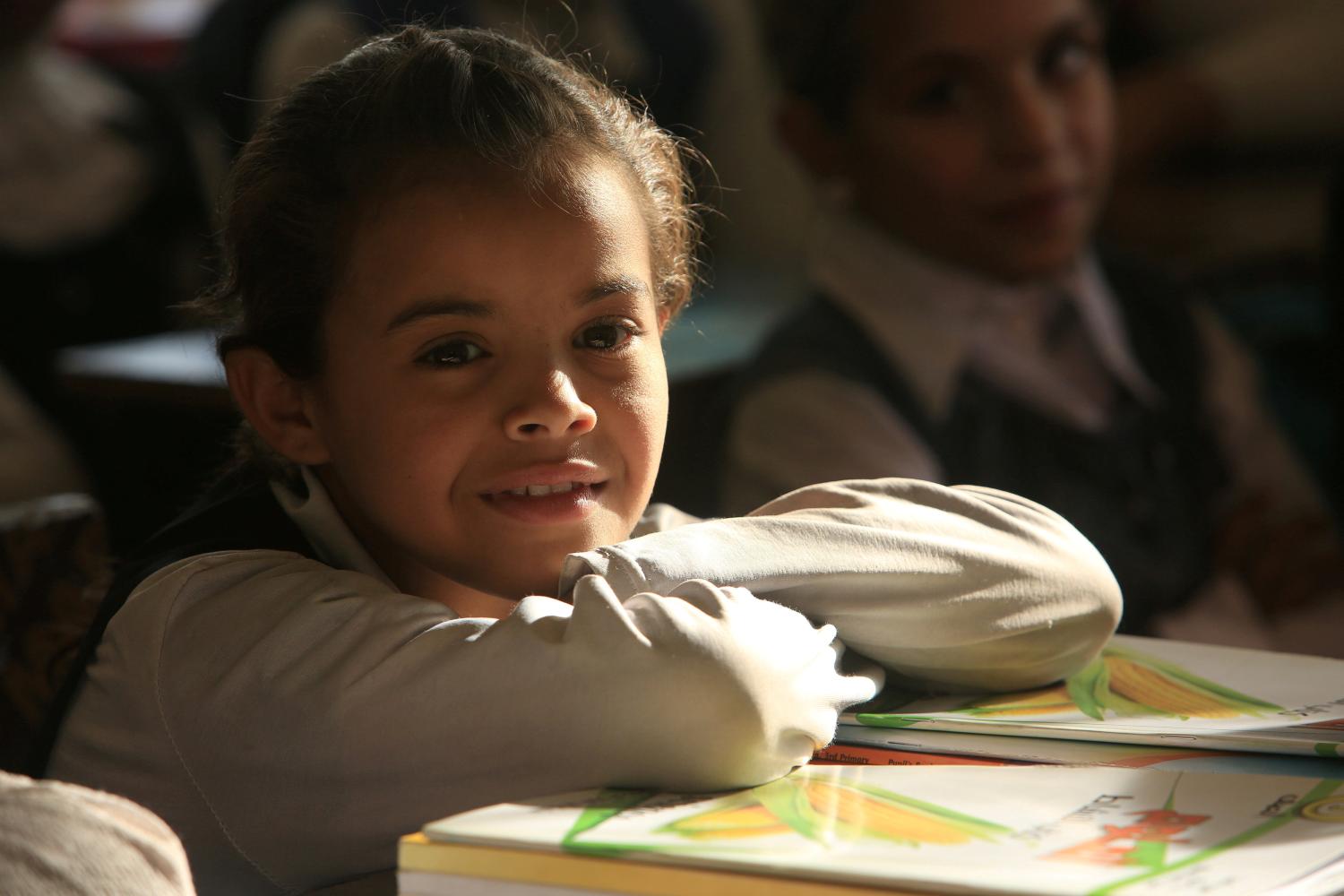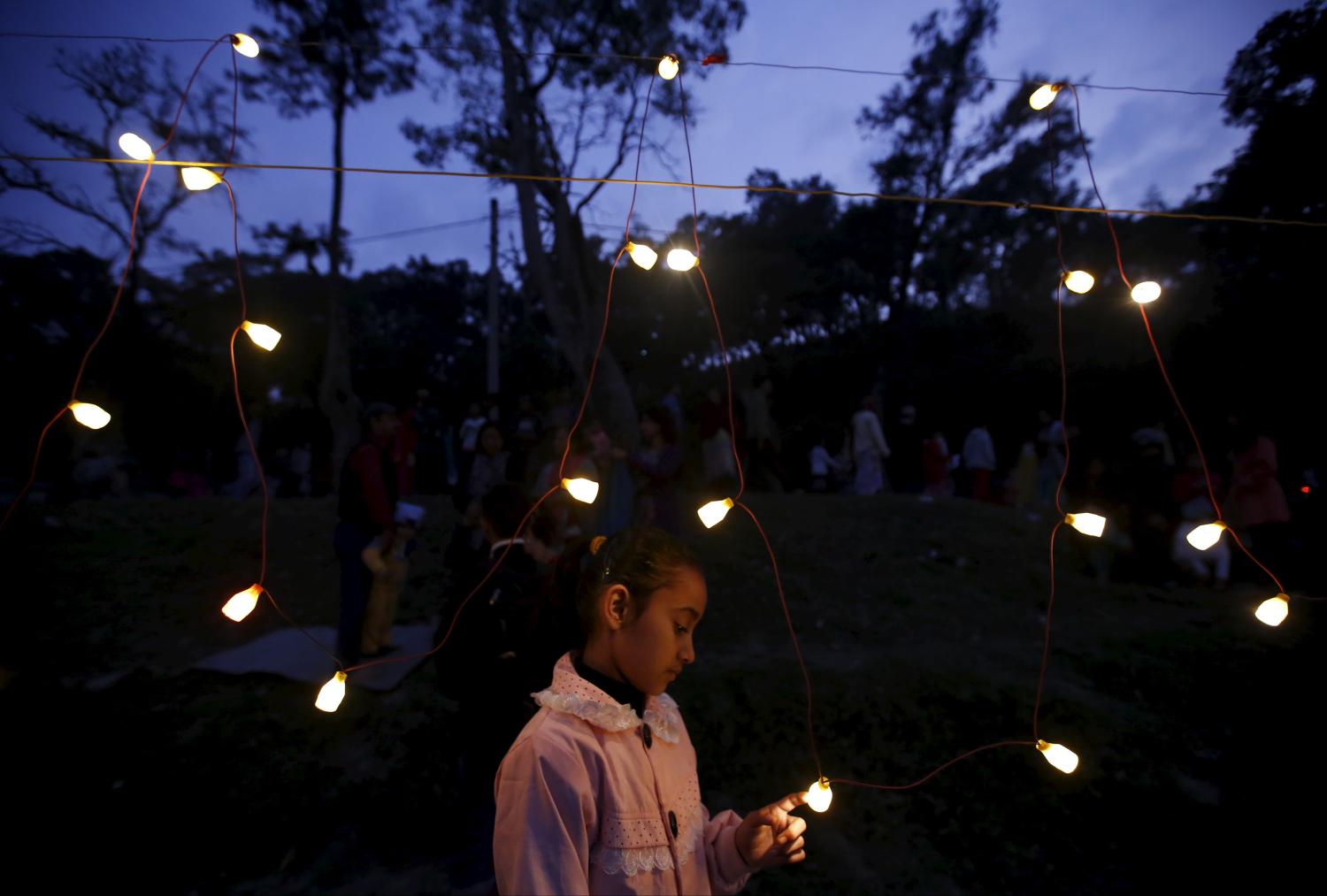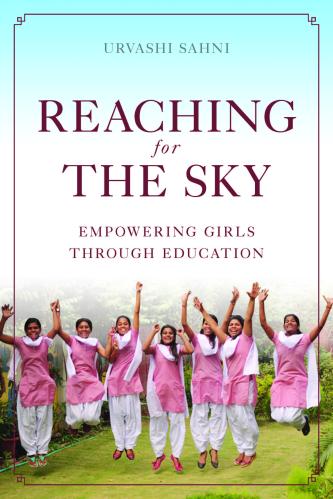For more than 200 years a strong moral argument has been made for education for girls, grounded in human rights and equality. Any argument in support of more and better education for girls needs to recognize the intrinsic importance of education for girls’ empowerment, not just its value as a training ground for the world’s future workers and mothers. . . . It is a view of education closely associated with human dignity, not simply as a means to a wider end. — Plan International (2012, 26)
This paper provides an important reflection on the direction of the global education discourse by examining in-depth a case of girls’ education in India. The report argues that while in the last year, there has been much progress in moving the global education discourse from inputs (enrollment and parity) to outcomes (learning), this welcome movement does not go far enough. In order to seriously meet the goal of gender equality, the global discourse must go beyond numbers and embrace a life-outcomes approach. First, there must be a theoretical framework for understanding global education, reviewing the status of global education policy and discourse with special reference to its connection to gender equality. Second, simply providing access does not lead to empowerment. Gender equality is a goal in its own right. Mere access to schools will not lead to gender equality, nor will an education that does not make empowerment of girls and gender equality its central focus. Third, the paper provides an in-depth case study of empowerment education in India that uses critical feminist pedagogy in order to help girls examine gendered power structures and serves girls’ needs by shifting the focus from learning outcomes to life outcomes. The paper concludes with key recommendations for girls’ education globally and in India.
Download full report »
The Brookings Institution is committed to quality, independence, and impact.
We are supported by a diverse array of funders. In line with our values and policies, each Brookings publication represents the sole views of its author(s).
